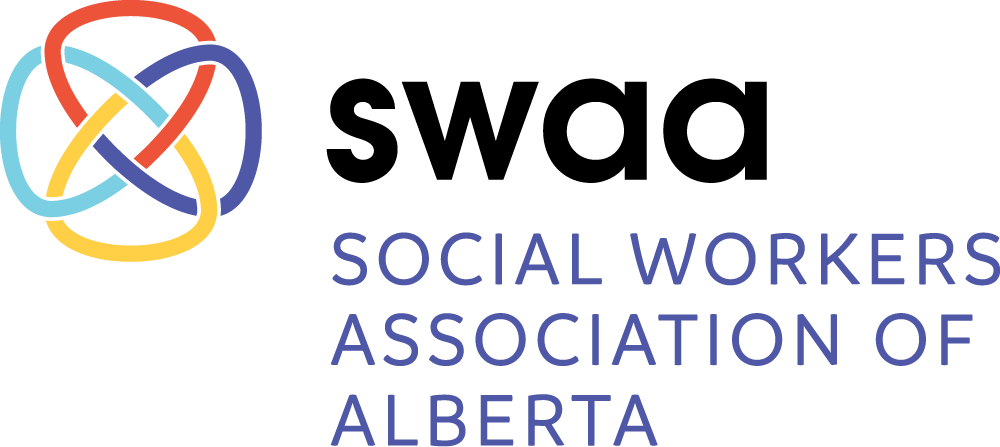Paid vs. Unpaid Practicums
A Conversation about Paid Practicum Programs for Social Work and Public Service Students in Canada.
By Practicum Student, Cathy Jarmain | June 14, 2024
On May 16, 2024, the International Federation of Social Workers (IFSW) congratulated the Australian Association of Social Workers for successfully lobbying government ministers to secure payments for social work students during their placements. The Australian Council of Heads of Social Work Education, representing thirty-eight universities across the country, stated, “Social work placements, alongside teaching and nursing, have been recognized as an equity issue in feminized professions where many students, urban and rural, face considerable disadvantage. This achievement paves the way for future endeavors to overcome student poverty in social work, teaching, nursing, and midwifery” (IFSW, 2024).
As a graduating social work diploma student in Alberta, this victory for Australian public service students gives me hope that the Canadian Association of Social Workers and other public service associations could lobby for similar system changes in Canada. Compensation for social work practicums has been a topic of considerable debate in the profession of social work along with other public service programs. It should be noted that social work practicums are integral to the training and professional development of social work students, providing them with essential hands-on experience (Canadian Association of Social Workers, 2023). This hands-on experience is essential, but as the wealth gap in Canada continues to widen as Statistics Canada reports that the wealthiest (top 20% of the wealth distribution) accounted for more than two-thirds (67.4%) of net worth in the third quarter of 2023, averaging $3.3 million, while the least wealthy (bottom 40% of the wealth distribution) accounted for 2.8%, averaging $67,738 (Government of Canada, 2024). This wealth gap indicates that we must consider ways to provide this essential portion of public service education that ensures students' basic needs are being met.
In 2024, Canadian students are facing an unprecedented cost of living crisis, as all Canadians are struggling to keep up with the increasing costs of basic needs. After the recent 2023 budget was released the Canadian Federation of Students responded by saying "While the Federation is pleased to see investments in Canada Student Grants in Budget 2023, students need stronger support to tackle the ongoing student affordability and cost-of-living crises,” said Marie Dolcetti-Koros, Chairperson of the Canadian Federation of Students. “It has never been more expensive to be a post-secondary student (Canadian Federation of Students, 2022). Societal misconceptions are that most students are supported by family wealth or that loans and grants are sufficient, which is not the reality. An executive summary by the Canadian Federation of Students stated that “Over the last 25 years, investments in education have decreased, causing the ever-increasing need for post-secondary education to outpace its access. Indeed, accessing the education that has proven essential to securing a good job that grows our economy has shifted from a publicly supported good to a personal investment, an investment increasingly accompanied by life impacting debt” (Canadian Federation of Students, 2023). In some cases, Alberta social work students pay substantial fees for their unpaid practicum courses that are not covered by grant and loan assistance, further placing students deeper into living with poverty or placing them at greater risk of slipping into poverty. The issue of whether these practicums should be compensated remains contentious. This report examines the current cost of living crisis in Canada, the hidden costs of practicums, the conflicts that unpaid practicums have with the CASW code of ethics, and a recommendation for a federally paid practicum program for Canada's social work and public service students.
Read the entire article in PDF at: PaidPracticums2024jun14.pdf
Sections:
Impact of the Cost-of-Living Crisis on Public Service/Social Work Students
Acknowledging the Importance of Practicums
The Hidden Cost and Messaging of Unpaid Practicums
CASW Values Compared and Contrasted to Unpaid Practicums
Gendered Inequality Contributing to the Unpaid Practicum Experience
Recommendation
Conclusion
